
Pier Luigi Nervi Project (PLN)
Belgium – Heritage Organization
Project Coordinator
The PLN Project Foundation, originating from the Pier Luigi Nervi Research and Knowledge Management Project in 2008, is dedicated to advancing the study and appreciation of the renowned Italian designer and architect Pier Luigi Nervi (1891-1979). Led by Marco Nervi, one of Nervi’s grandchildren, the association initiated the traveling exhibition “Pier Luigi Nervi: Architecture as a Challenge” in 2010, showcasing 12 iconic works across Europe. In March 2021, the exhibition found a permanent home at the Laboratorio Nervi on the POLIMI Lecco campus, in collaboration with the Politecnico di Milano.
The PLN Project Foundation’s current focus is on conserving and recovering Nervi’s works globally, contributing to the preservation of modern architectural heritage. In 2016, the organization played a crucial role in the recognition of the Burgo paper mill in Mantua and supported the listing of Pier Luigi and Antonio Nervi’s Stadio Flaminio in Rome in 2018.
Collaborating with the Sapienza University of Rome and DOCOMOMO Italia, the PLN Project applied for the Keeping It Modern international grant from the Getty Foundation in 2017. The grant supports the development of a conservation plan for the Flaminio Stadium, executed by a multidisciplinary team in 2019. Simultaneously, the Getty Foundation awarded another Keeping it Modern grant to Politecnico di Torino, in partnership with PLN Project, for a seismic assessment of Torino Esposizioni in Turin, a structure by Pier Luigi Nervi awaiting restoration. In 2020, PLN Project actively participated in the international campaign to preserve the Artemio Franchi Stadium in Florence, a significant work by Nervi, from partial demolition.
The organization contributed to the International Heritage Alert issued by ICOMOS International and ICOMOS Italia in favor of the stadium, engaging in various international initiatives to prevent its destruction.
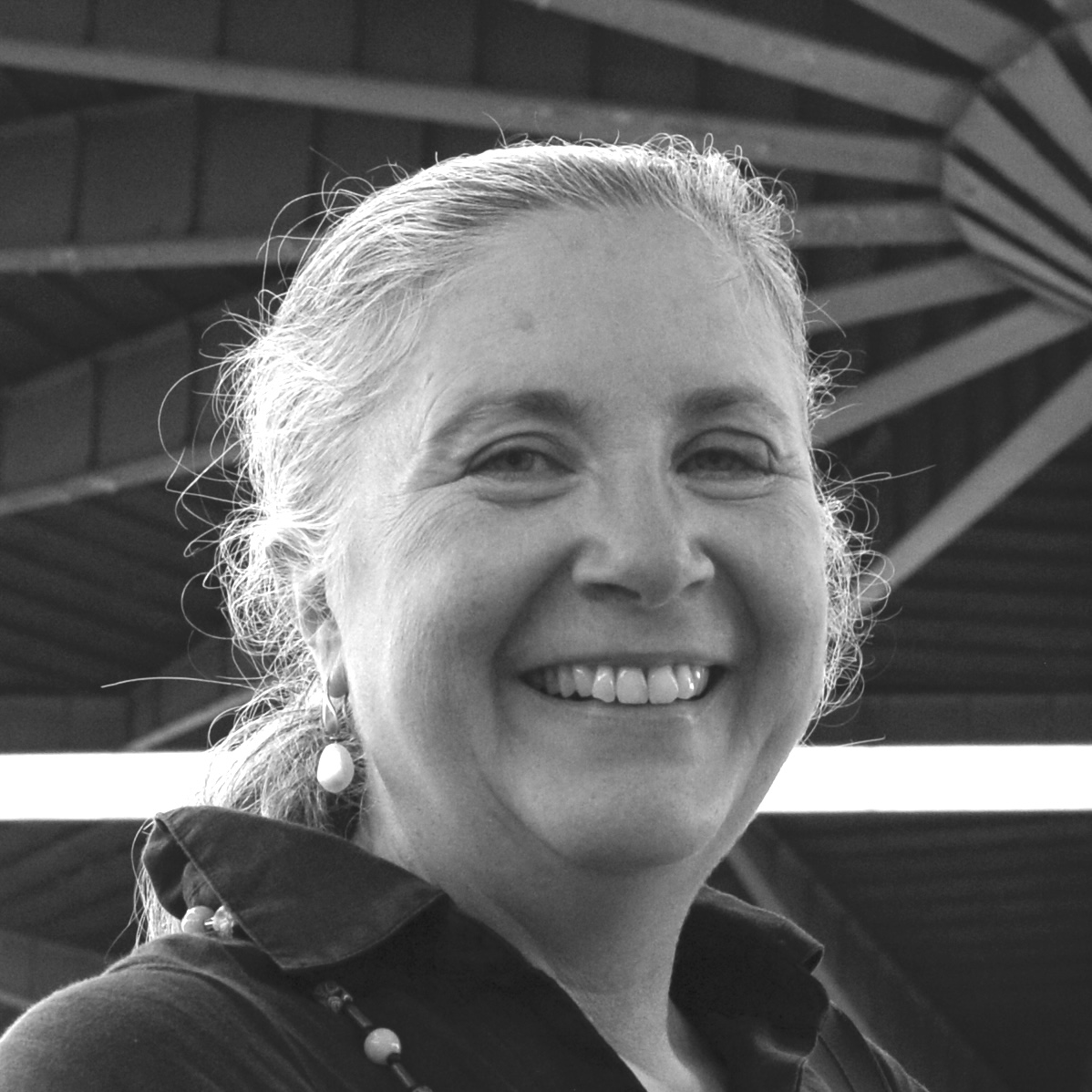
Elisabetta Margiotta Nervi
Project Coordinator
Elisabetta Margiotta Nervi, art historian, has 30 years of international experience in all aspects of the conception and realisation of exhibitions and cultural events.
Married to Marco, grandson of Pier Luigi Nervi and President of the Pier Luigi Nervi Project Foundation, she has been General Secretary of the organisation since 2008. Elisabetta is executive coordinator of the Laboratorio Nervi at the Politecnico di Milano in Lecco as well as assistant coordinator of the Partnership in Higher Education REcube: REthink, REvive, Reuse.

Irene Matteini
Scientific Director
Irene Matteini was professionally trained as an Architect at the Politecnico di Torino in Turin, Italy and at the Illinois Institute of Technology in Chicago. After completing her architectural studies, Irene pursued a specialization in Heritage Conservation at the University of Pennsylvania, School of Design in Philadelphia. In the past decade, Irene has worked on a diverse range of international projects focusing on heritage conservation with a focus on reinforced concrete structures. Irene is currently a lecturer at the Design School of the University of Pennsylvania in Philadelphia and works as an Expert Heritage Consultant internationally in various projects in Europe and in the USA.
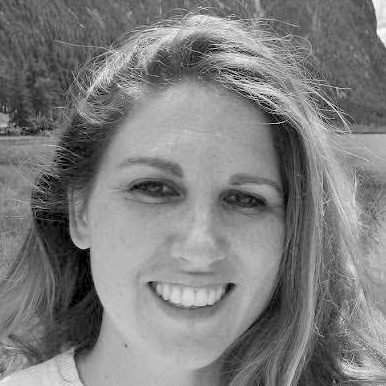
Giulia Dakli
Project Manager
With a study background in Political Science and Cooperation and Development, Giulia has worked as project designer for several NGOs and is now an independent project manager with strong expertise in the design, coordination and monitoring of European-funded projects, mainly in the educational field, at all levels. Main working programmes are Erasmus+, CERV and Horizon2020.
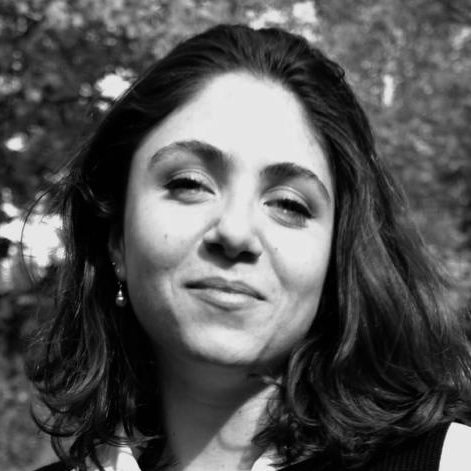
Livia Nervi
Public Programmer
Livia Nervi is an independent curator and producer of cultural events, currently pursuing a Master’s degree in Economics and Management of Art and Cultural Heritage at Ca’ Foscari University in Venice. In 2022, she graduated from the Royal College of Arts in London with a master’s degree in Curating Contemporary Art. Currently, she is part of the curatorial project SACKE & SUGAR, which she co-founded in 2022. Inspired by the legacy of her great-grandfather and in connection with the activities of the Pier Luigi Nervi Project Foundation, she is interested in the intersection between architecture and artistic practice and the use of non-canonical exhibition spaces.
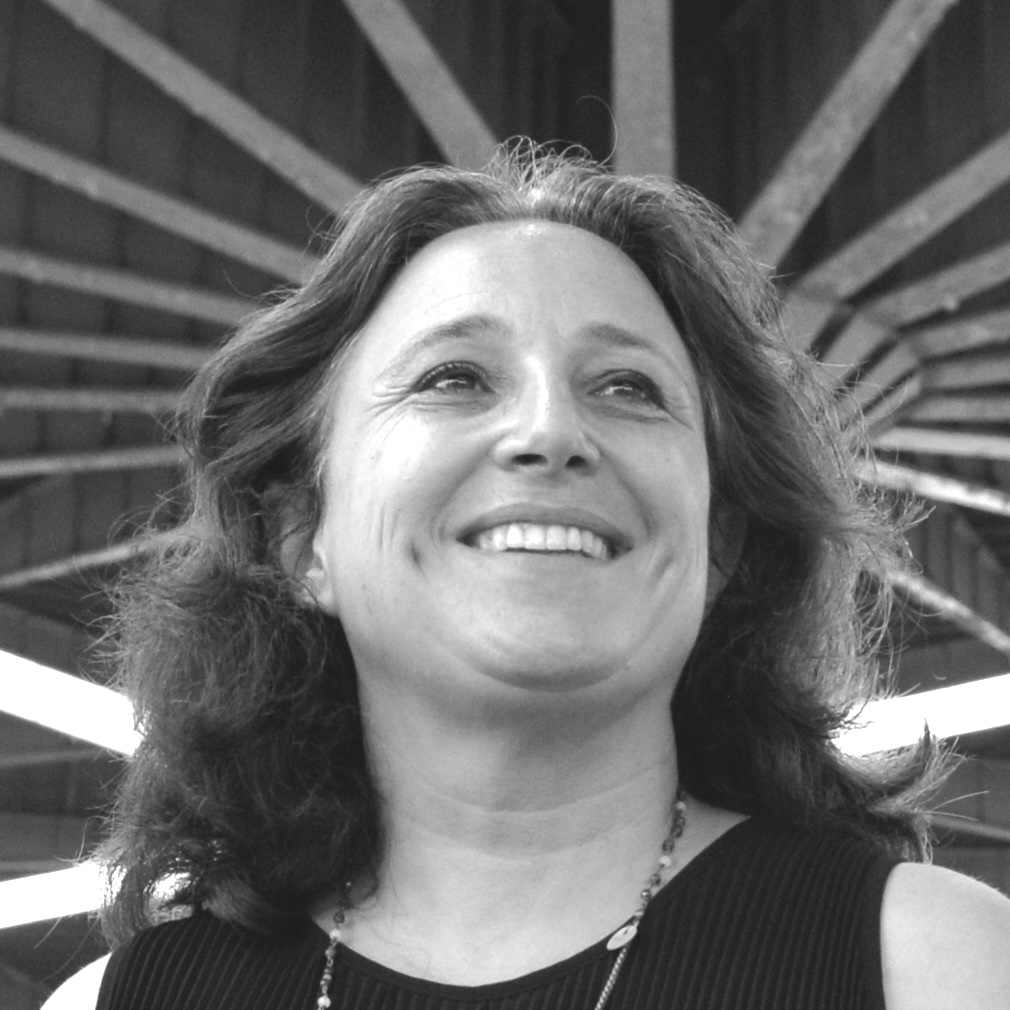
Cristiana Chiorino
Communication Officer
Architect PhD (History of Architecture and Urbanism). Graduated at the Polytechnic of Turin (Italy), she has then obtained a Master in Conservation of Modern Heritage at the Institute of Architecture of Geneva, Switzerland. From 2005 to 2014, she was the vice-editor-in-chief of the monthly magazine “Il Giornale dell’Architettura”. She has worked in the organization of significant scientific exhibitions on architecture, including “Carlo Mollino architect” (2006), and “Pier Luigi Nervi. Architecture as a Challenge”, promoted by the Pier Luigi Nervi Project Foundation. Since 2011, she has collaborated with PLN as a consultant for the protection of Nervi’s architectural heritage worldwide.
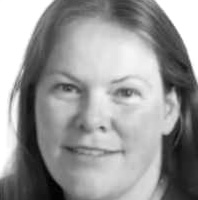
Judith Pretty
Quality Assurance Office
Judith Pretty, M.A.(Edin), DipM, DipSP, Chartered Marketer, FCIM, has 35 years of professional experience, and specialises in communication, editing and writing, and the provision of business support. She is experienced is all aspects of managing European projects, from conception to submission for funding to monitoring. She currently provides bid appraisal and development services to European entities, as well as having profound experience in the animation and co-ordination of human networks.
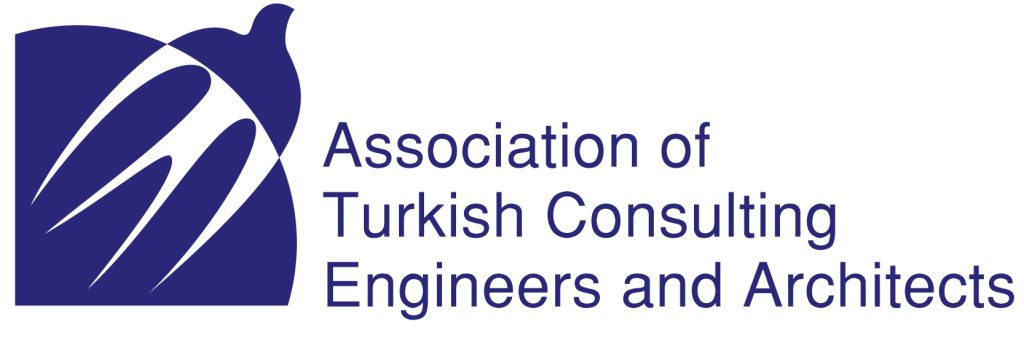
Association of Turkish Consulting Engineers and Architects (ATCEA)
Turkey – Trade Association
ATCEA is a non-governmental organisation founded in 1980 in Ankara, the capital of Turkey.
ATCEA is an umbrella organisation that brings together independent engineers/architects and technical consultants. ATCEA strives to promote the recognition and standing of engineering and architectural consulting and engages in promotional activities to increase the recognition of its members.
ATCEA organises conferences, debates, seminars, training and workshops; publishes documents; publishes its own quarterly magazine “tm-dergi”.
ATCEA has 100 member companies. 9 board members and 4 permanent staff. For more information, please visit our website at tmmmb.org.tr or ATCEA.

H. İrfan Aker
He received his M.Sc. Degree from University of Birmingham.
He has 40 years of experience in the management, coordination, construction management, contract administration, supervision of international major multi-billion dollar projects in various fields.
He has extensive experience in advisory services for the Lenders and Sponsors for mega BOT/PPP projects amounting to more than US $40 Billion.
He has participated as moderator and chairman in many international meetings and conferences. He has published articles/papers in different technical and financial subjects.

O. Uludag
He received his bachelor and M.Sc. degrees from METU Faculty of Architecture. In 1987 he established UMM – Uludağ Architecture office with Zeynep Uludag. He participated in several national and international architectural and urban design project competitions and exhibitions, conducted and completed several architectural projects with different programs and dimensions. He is currently a member of the board of directors of TMMMOB and teaching at the Middle East Technical University, Department of Architecture.

A. Süreyya Ural
He graduated from Middle East Technical University department of Civil Engineering in 1986 and completed his MBA degree in 1988. He started his career in GEMAŞ General Engineering and Architecture Consulting Company Inc. in 1986, and later in 1991 founded URAL Engineering Co. where various civil/structural engineering design, and consulting services are performed for various large Superstructure investment projects. Mr. URAL served as the Chairman of the Execution Board of the ATCEA for the 2018 – 2020 term.

Seda Seyhan
After graduating from Hacettepe University Hydrogeological Engineering, she started to work at some different engineering companies as a geological engineer. In 2011, she started to work at ATCEA as a research and development specialist. In 2015 she became the Director and since then she has worked as Director of ATCEA.

Consiglio Nazionale Architetti, Paesaggisti e Conservatori
Italy – Trade Association
The National Council of Architects, Planners, Landscape Architects and Conservationists, or CNAPPC, is formed by the Ministry of Justice, making official other specialized professionals in addition to the traditional architect, with titles awarded following five-year and three-year (junior) degree courses.
The Council is composed of 15 members, elected by the provincial chapters of the Orders, and they remain in office for a term of five years. The current Council has been in office since May 2021.
The National Council takes the decision to provide its opinion and interpretation on measures and laws concerning the exercise of the profession: the work of deepening the professional issues is pursued through the work of its departments. Italian professional orders are divided into 105 provincial Orders, which are distributed all over the country and which function as second degree judiciaries and promote the culture of project planning.
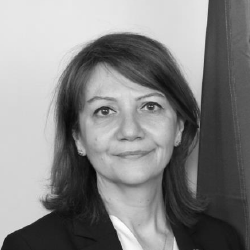
Alessandra Ferrari
Graduated in Architecture in Venice, she worked for 10 years as a designer and project manager for one of the major American parent engineering companies. You are registered with the Order of PPC Architects of Bergamo (no. 1298), with your own professional studio, you deal with design, construction and consultancy in the public and private sector. As the first female President of the Order of PPC Architects of the Province of Bergamo, you participated in the construction of the Provincial Building Table, with all the representatives and all the interlocutors of the supply chain. She was a councilor of the National Council of Architects PPC from 2016 to 2021, she mainly dealt with the culture department and the Architecture Law. Re-elected for the second council, she is still at the helm of the Culture Department for which she is mainly responsible for the promotion of architectural culture and the figure of the PPC Architect, of the Italian Architect and Young Talent Award, Yearbook, Open studios open in all over Italy, exhibitions and communication tools.

Consejo Superior de los Colegios de Arquitectos de España (CSCAE)
Spain – Trade Associations
Established by Royal Decree in 1931, the Superior Council of the Spanish Architectural Colleges (CSCAE) serves as the unifying entity for all architectural colleges, pursuing objectives of general interest. It represents the profession to public and private entities, international organizations, and serves as the final appeal in company disputes related to professional ethics.
Originally six colleges with one thousand architects, CSCAE has expanded to twenty-seven colleges with almost fifty thousand architects. The council’s mission is to elevate the cultural and social aspects of architecture and urbanism for optimal human development. The Cultural Area oversees activities promoting and disseminating Spanish architecture.
In all endeavors, CSCAE is mindful of preserving architectural heritage from the XXth century, ensuring monuments remain relevant through attention and repair. Engaging in European initiatives, CSCAE advises the Netzero Cities project, aiming to achieve zero emissions in seven cities by 2030. Additionally, Observatorio2030, within CSCAE, coordinates the implementation of the 2030 Agenda in Spain’s construction value chain.
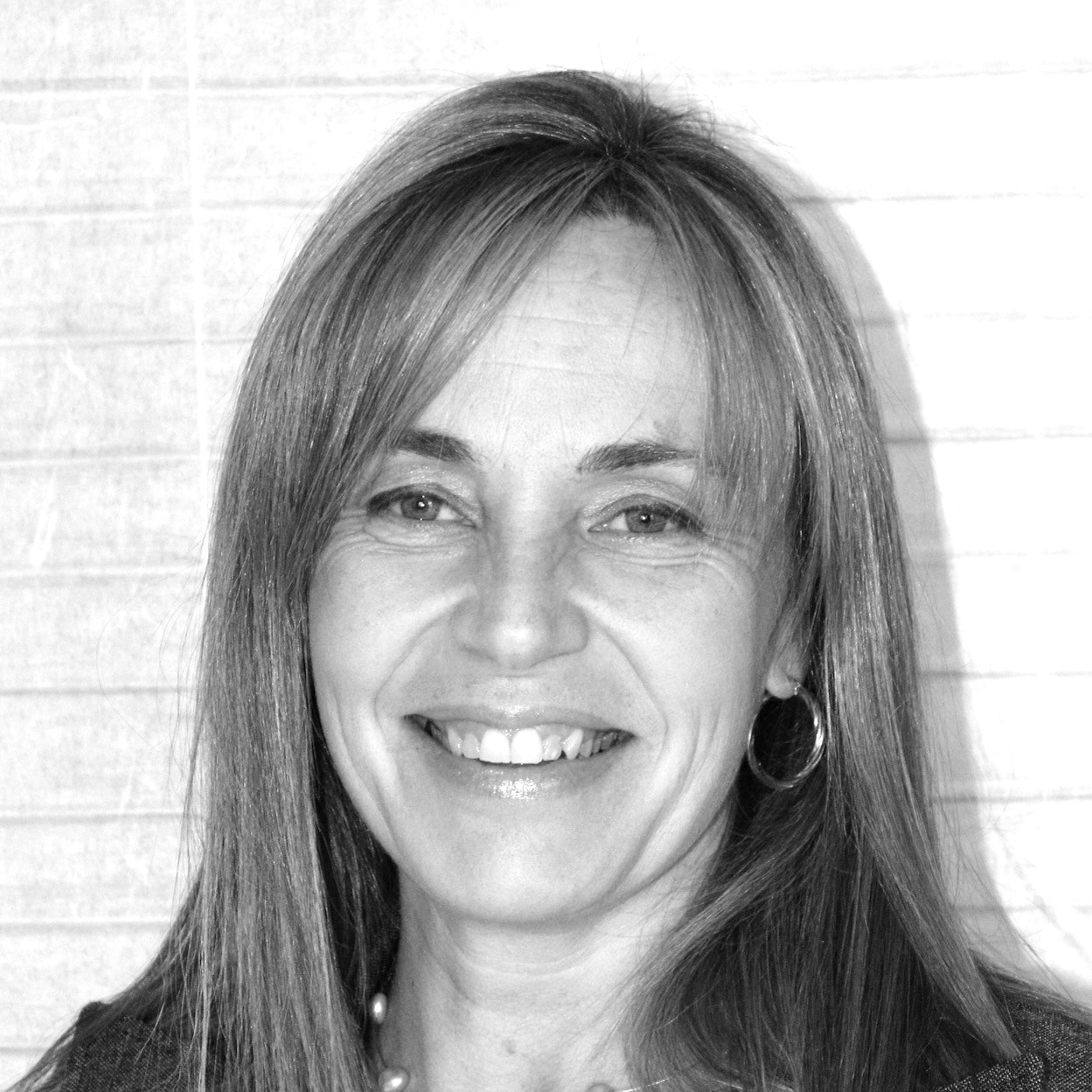
Natalia Bielsa Manzanero
is a Spanish architect who graduated from the Technical School of Architecture in Madrid in 1997. She complemented her academic journey with stays at Boston College, CA, and various advanced computer-based structural calculation courses. In 1997, she established her own architectural studio, focusing on residential projects, public buildings, landscaping, and urban mobility. She has earned recognition by winning three national and two international prestigious architecture competitions, with a notable highlight being the Competition for the Advanced District of Toledo. Several of her architectural works have been published. During the financial crisis, Natalia was elected Secretary of the Official College of Architects of Castilla-La Mancha, concentrating on advocating for the architectural profession and striving for excellence and progress in the field. Following her completion of Advanced Studies in 2011, she successfully obtained her Ph.D. in Architecture from the University of Valladolid in 2019, with an outstanding_Cum Laude distinction. From 2013 to 2015, she served as the representative of DOCOMOMO for Castilla-La Mancha. In addition to her architectural career, Natalia joined the Higher Council of Architects of Spain (CSCAE) in 2019 as the Technical Director, overseeing matters related to the architectural profession, particularly those pertaining to the technological domain. Her responsibilities include working on regulatory issues, legal matters, grants, rehabilitation projects, public participation, construction materials, and architect education, among other areas.
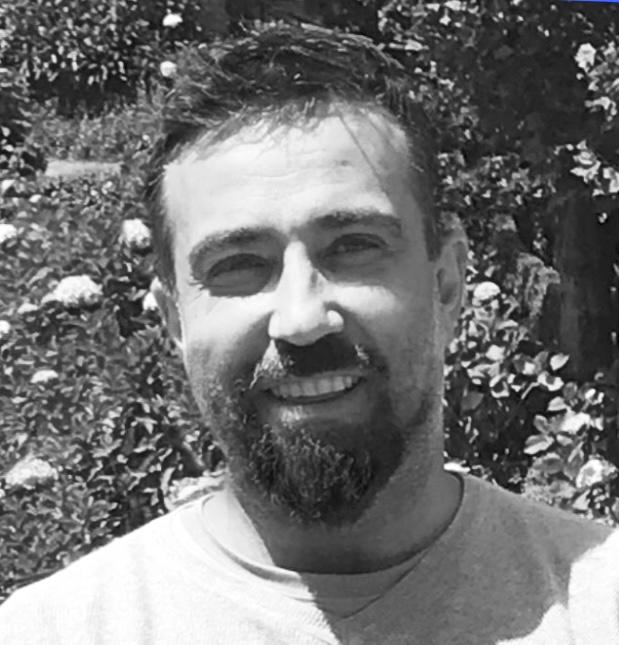
Sergio García-Gasco Lominchar
Architect graduated with honours from the Escuela Técnica Superior de Arquitectura de Valencia in 2007, complementing his studies at the École Nationale de Paris-La Villette (France). In 2013, he was awarded with a scholarship to pursue a Master’s in Theory and Criticism in Architecture at the Universidade Federal do Rio de Janeiro (Brazil). Since 2023, he holds a Ph.D. in Architecture from Universitat Politècnica de València, obtaining the “Cum Laude” grade. He worked in international studios in the United States, Paris, London, Rio de Janeiro, Tunis, Skopje, Madrid, and Valencia, highlighting the experiences in the practices Dominique Perrault Architecte, SOM-Skidmore, Owings and Merrill, Carla Juaçaba, or Gru.A Arquitetos. He was General Coordinator of Cátedra Blanca Valencia from 2006 to 2012, a research activity integrated into the academic program of the Universitat Politècnica València. From 2015 to 2017, he worked as a professor in the M.Arch program at the Istituto Europeo di Design – IED Brazil, and as an external collaborator at the Pontificia Universidade Católica, PUC, Rio de Janeiro. Currently, he develops his own projects, balancing both academic interests with practical application. He is also the General Coordinator of the Observatoio2030 at the Higher Council of Architects of Spain (CSCAE) and an associate professor at CEUUCH Valencia and CEUSP Madrid.
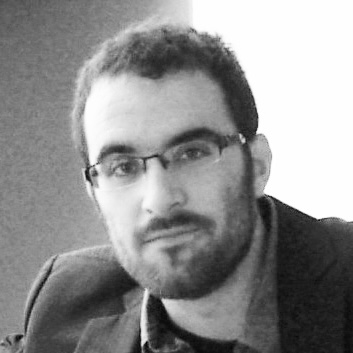
Enrique Ramírez Sánchez
Ph.d. Architect from the Polytechnic University of Madrid (UPM). Doctoral thesis conducted in the Department of Construction and Architectural Technology (DCTA) of the ETSAM-UPM, awarded with honors (Cum Laude). Associate Professor of “Construction” and “Materials and construction techniques” at the Higuer Polytechnic School of Nebrija University. Member of the Research Group “Analysis and Intervention in Architectural Heritage” (AIPA), at the ETSAM-UPM. Research focuses on the historical heritage of masonry and its seismic resistance, with several international stays in Iran, Peru, Morocco and Romania. Work disseminated in various international publications, conferences and journals related to construction, materials, new construction systems or conservation and restoration of architectural and urban heritage, among other topics.

Colegio de Ingenieros de Caminos, Canales y Puertos (CICCP)
Spain – Trade Associations
The CICCP, formally known as the Colegio de Ingenieros de Caminos, Canales y Puertos (Spanish council of civil engineers), is a professional council established under Spanish law. Its primary legal mandate is to exclusively represent and safeguard the interests of civil engineers practicing within Spain.
In adherence to Spanish regulations, the CICCP is obligated to maintain a comprehensive registry of all professionals engaged in the regulated field of Civil Engineering within the country. This registry serves as a vital mechanism for ensuring compliance with legal standards and professional qualifications among practitioners in the field.
By diligently overseeing the registration process, the CICCP not only upholds legal requirements but also contributes to maintaining the highest standards of professional practice within the realm of Civil Engineering. This commitment to regulation fosters a sense of trust and accountability among both professionals and the wider public, underscoring the importance of the CICCP in upholding the integrity and excellence of the Civil Engineering profession in Spain.
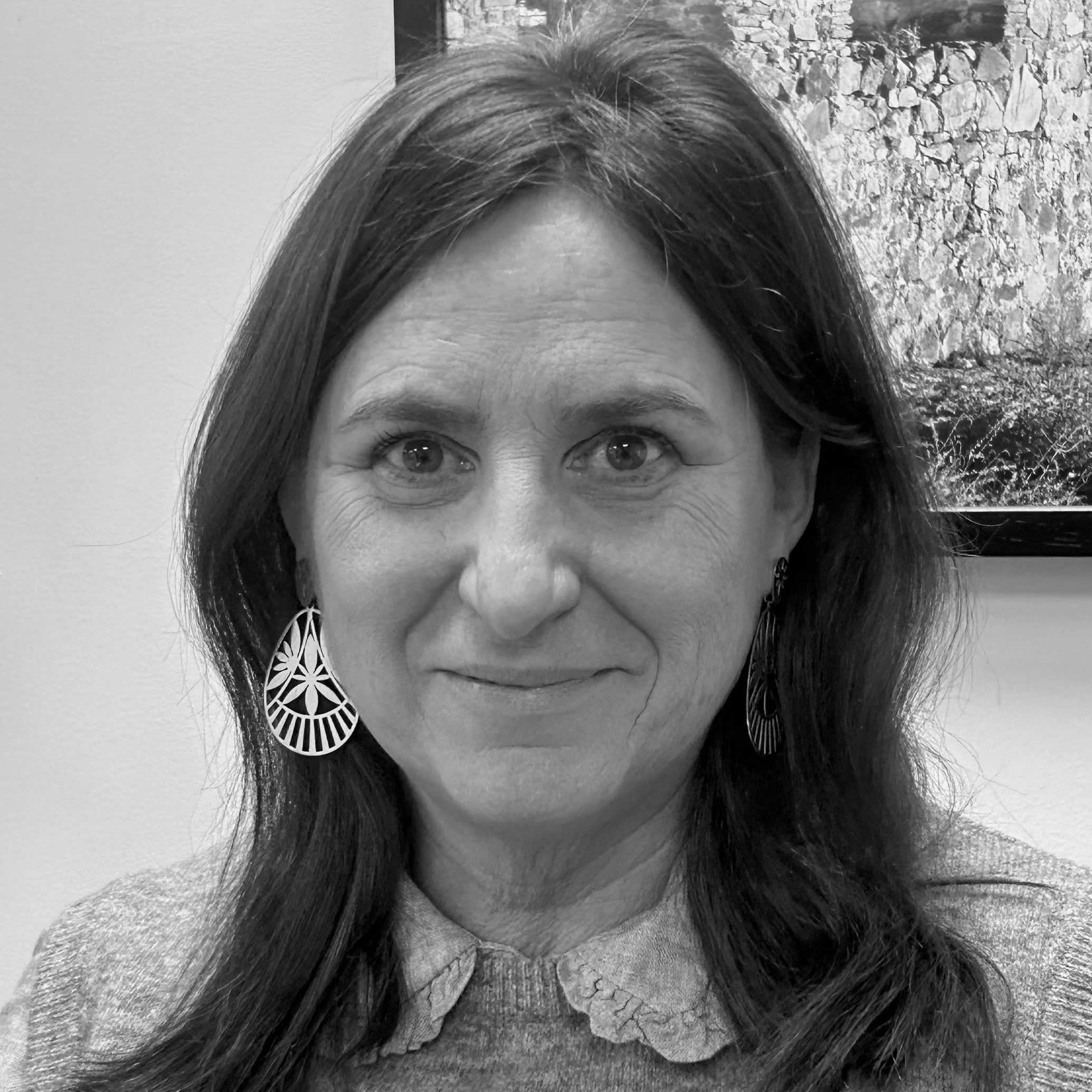
Esther Ahijado Fernandez
MSc Civil Engineer, graduated in 1995 at the Polytechnic University of Madrid.
During almost 30 years of professional career, she has managed and directed multiple projects at international level and with multilateral funding in most cases.
Currently and for the last three years, she has overseen the International Direction at the Spanish Council of Civil Engineers, ensuring the proper provision of services to the members exercising the profession abroad.
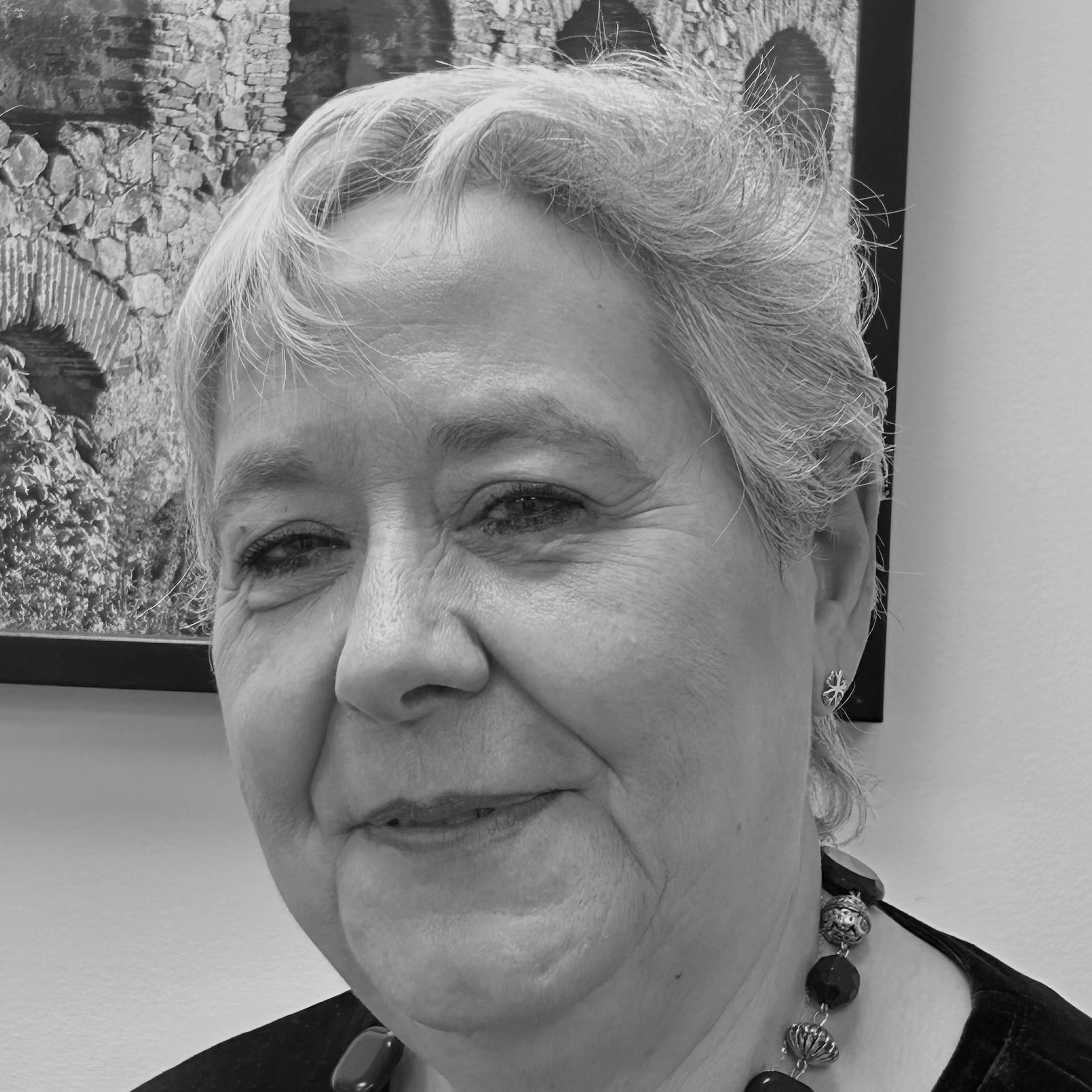
Ángeles Martin Verdeal
MSc Civil Engineer, graduated in 1995 at the Polytechnic University of Madrid.
Experienced with more than 25 years, she has combined her professional career with activities oriented to professional postgraduate education and training.
Currently and for the last twenty-four years, she has been responsible for the definition and implementation of continuous education programs at the Spanish Council of Civil Engineers offered to the members for their professional development.
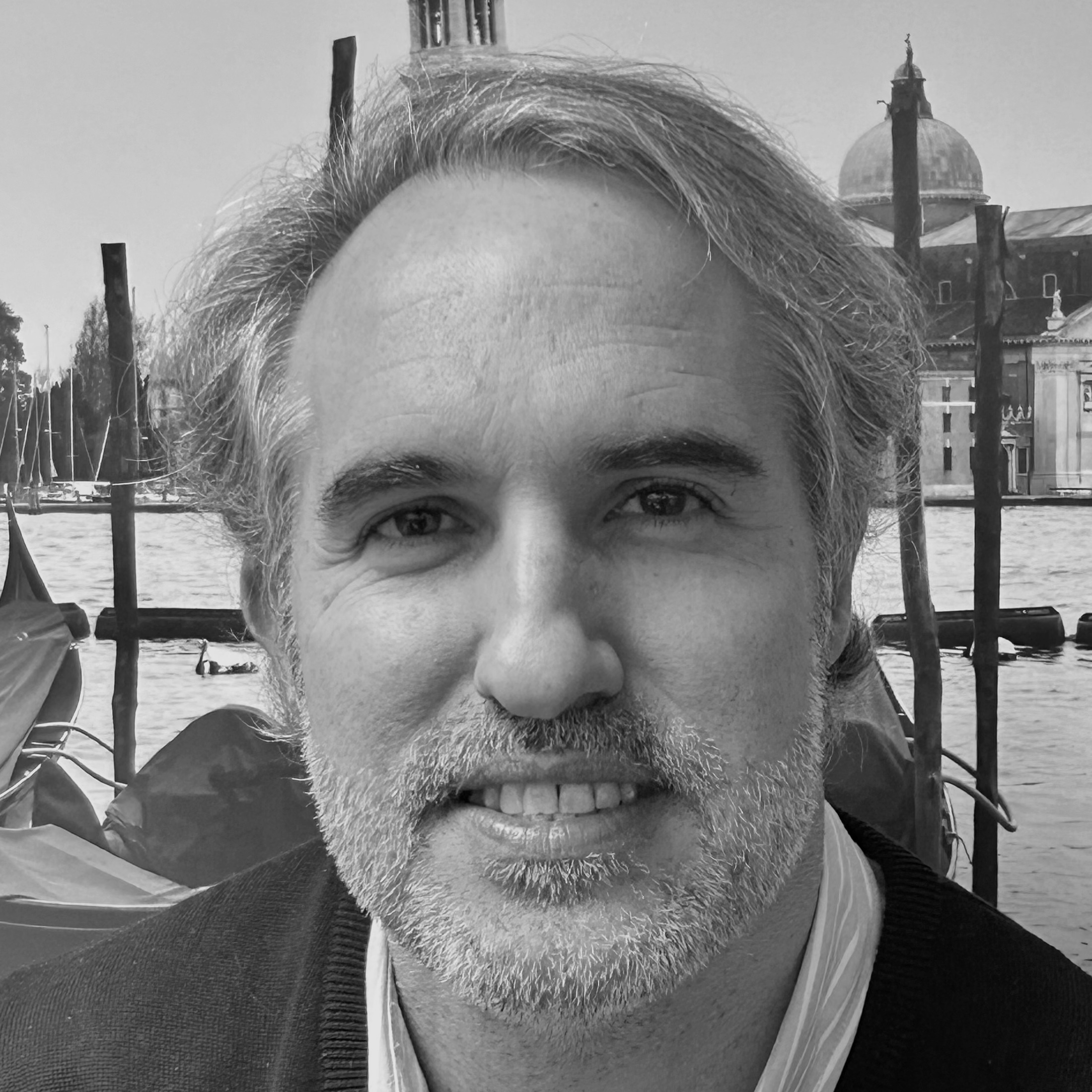
Rafael Macia Villa
MSc Graduated in journalism from the Francisco de Vitoria University in 1997.
During more than 20 years, he has worked in corporate and institutional communication in different areas, highlighting the sports and banking sectors.
For the last five years he has been responsible for the institutional communication at the Spanish Council of Civil Engineers, assuming among his tasks the development and implementation of the website contents, the social media management and official activity dissemination among members.

Founded in 1988, DOCOMOMO International is a non-profit organization dedicated to documenting and conserving the buildings, sites, and districts of the Modern Movement. Operating in 80 countries/regions, it acts as a watchdog for threatened Modern Movement structures worldwide. With around 1,100 members globally, DOCOMOMO International promotes the heritage of the Modern Movement and encourages responsibility for its architectural legacy. DOCOMOMO International comprises national and/or regional chapters organized according to local needs, engaging in conservation technology, history, and education exchanges. It has six International Specialist Committees (ISC) in registers, technology, urbanism+landscape, education+training, interior design, and publications. The Education and Training Specialist Committee focuses on workshops and educational models.
The organization publishes the bi-annual peer-reviewed DOCOMOMO Journal (www.docomomojournal.com). Emphasizing vocational training for academically and practically trained professionals, the project promotes sustainable practices by disseminating state-of-the-art knowledge.
DOCOMOMO International’s biennial international conferences since 1990 gather experts in modern movement architecture, conservation, and adaptive reuse. Serving as a watchdog and networking entity, DOCOMOMO shares knowledge on various topics, including the conservation of historic modernist concrete architecture. The ISC/Technology contributes significantly to developing and disseminating knowledge on concrete as a historic building material.
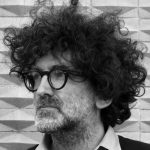
Andrea Canziani
M.Sc. Architect, Ph.D. in Rehabilitation of Buildings and Urban Systems, Pg.D. in Restoration of Monuments. Co-Chair of the DOCOMOMO ISC Education + Training (ISC/E+T) and former Secretary General of DOCOMOMO Italy. He works as Architect Officer at Italian Ministry of Culture and teaches Architectural Preservation at Politecnico di Milano AUIC School. Principal research: philosophy and theory of heritage conservation, modern heritage, contemporary art.

Uta Pottgiesser
Uta Pottgiesser is professor of Heritage & Technology at TU Delft and Professor of Building Construction and Materials at OWL, University of Applied Sciences (TH OWL). She is chair of Docomomo International. She studied Architecture at TU Berlin and holds a doctorate from TU Dresden. Her concern is with the protection, reuse and improvement of the built heritage and environment.

Wido Quist
Wido Quist is Associate Professor in Heritage & Technology and leading the section Heritage & Architecture at TU Delft (The Netherlands). He is Secretary General of Docomomo International. His research and teaching centres around preservation and adaptive re-use of the built legacy of the 20th century, connecting the specialist disciplines. He is an expert on the crossing between historical knowledge of modern building materials and strategies for conservation.

Camilla Repetti
Camilla Repetti is an Architect, Ph.D. in Conservation of Architectural Heritage at Politecnico di Milano. She joined several research projects with Department of Architecture and Design (University of Genoa), Italian Ministry of Culture and Genoese Professional Association of Architects focused on knowledge and preservation of 20th century architectural heritage.

Fondazione CNI, supporting the Italian Council of Engineers (CNI), serves as the representative body for Italian engineers and the engineering sector. Managed by a Director General and a staff of around 20, it operates through various departments, including the Study Centre, the School of Higher Education, and the Certing Agency for voluntary skills certification.
As a partner in the ARIES project, funded by Horizon 2020 and concluding in December 2021, Fondazione CNI contributes to research and innovation in European science and society.
The foundation’s activities encompass studies, statistics on engineering sectors, vocational training, event organization, support for international projects, quality certification, accreditation of engineering programs, and the promotion of engineering qualifications recognition. Annually, it produces reports on the engineering labor market and data on professional engineers.Internationally, Fondazione CNI addresses two significant challenges: implementing the “WORKING” project as a European platform to facilitate services for European engineers and launching the ENGINET platform for mutual recognition of competence certifications.
Since 2020, the foundation has organized numerous professional training webinars for engineers, with over 98,000 participants in 2022. Aligning with its training initiatives, Fondazione CNI manages the WORKING web platform, connecting job supply and demand in the engineering sector. Through the CNI Study Centre and the Certing Agency, the foundation consistently monitors the training needs of engineers registered in the National Register of Engineers.
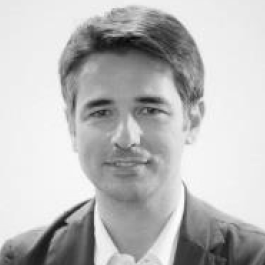
Sandro Catta
Counsellor Consiglio Nazionale degli Ingegneri
Born in CagliarI on 26/10/1973, civil and construction engineer, master’s degree in design of sports facilities. Self-employed, since 1998 he has run a professional firm mainly focused on public works and renewable energy sources. He has also been a member of several Municipal Building Commissions, and held the position of Energy Manager for the Municipalities of Cagliari, Carloforte and Elmas. Certing Certified in Ecodesign, BIM Specialist MEP, Energy Manager and expert in environmental acoustics.He served for two terms as President of the Order of Engineers of Cagliari, former President of the relevant Foundation.
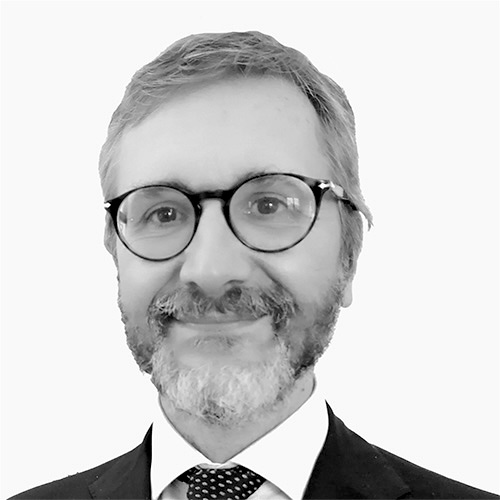
Francesco Estrafallaces
Coordinator of the Study Center Department of Fondazione CNI, he is in charge of reports and research on the activities of engineering sectors and data on professional engineers. Since 2021, he has coordinated and organized a large variety of professional training activities on behalf of the CNI. From 1994 to 2014, he worked for the Censis Foundation. From 2004 to 2014: Director of the Economic Analysis Area of Censis.
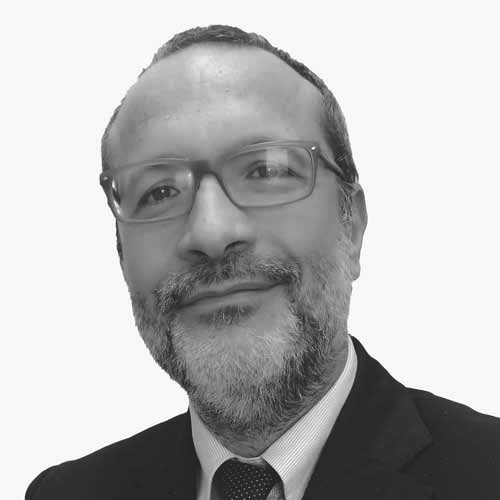
Massimiliano Pittau
General Director Fondazione Consiglio Nazionale Ingegneri.
Born in Villacidro (Cagliari) in 1966, he has a background as a senior socio-economic researcher at the Censis Foundation, where he worked for 10 years. From 1999 until 2015 he worked as director of the CNI Study Centre and then was appointed General Director of the Fondazione CNI, the operational branch of the Consiglio Nazionale degli Ingegneri. Massimiliano has coordinated and managed a large number of research and professional training activities on behalf of CNI.

In 1992, the Confederación Nacional de la Construcción (CNC), CCOO del Hábitat, and Federación de Industria, Construcción y Agro (UGT-FICA) jointly established the Fundación Laboral de la Construcción (FLC), a non-profit organization. FLC is dedicated to enhancing safety, professionalism, and qualified training in the construction sector, focusing on activities like bricklaying, heating, and plumbing, with an emphasis on energy efficiency and renewable energy systems.
FLC’s specialized training aims to retrain and specialize workers, contributing to their employment and professional development. Financial support is derived from a mandatory fee, established in the General Agreement, paid by construction companies, alongside public funds for training courses for both employed and unemployed individuals in the construction sector.
With years of dedication and support, FLC has become a sector reference, collaborating as a key partner for the future of construction companies and professionals. Leveraging its experience and knowledge, FLC focuses on advancing the construction sector through initiatives in occupational risk prevention, training, employment, innovation, sustainability, and new technologies.
Annually training over 70,000 individuals across 50 centers and 17 regional headquarters, offering 200 diverse courses, FLC has nearly 500 employees and 1,500 instructors accredited by the Spanish government. The organization implements an integrated management system in all its centers, adhering to ISO 9001, ISO 14001, and ISO 45001 standards.

Beatriz Oliete
Head of Training Projects, University Degree on Sociology. She holds a Master on Health and Safety at work. More than 14 years’ experience on qualitative and quantitative research in the areas of employment and labour force, training and skills, social affairs and policies, risk prevention and gender with more than 40 research conducted. She has a great deal of expertise in proposal development and technical projects funded by European funds and/or national, relations with partners and coordination and technical implementation of the projects.
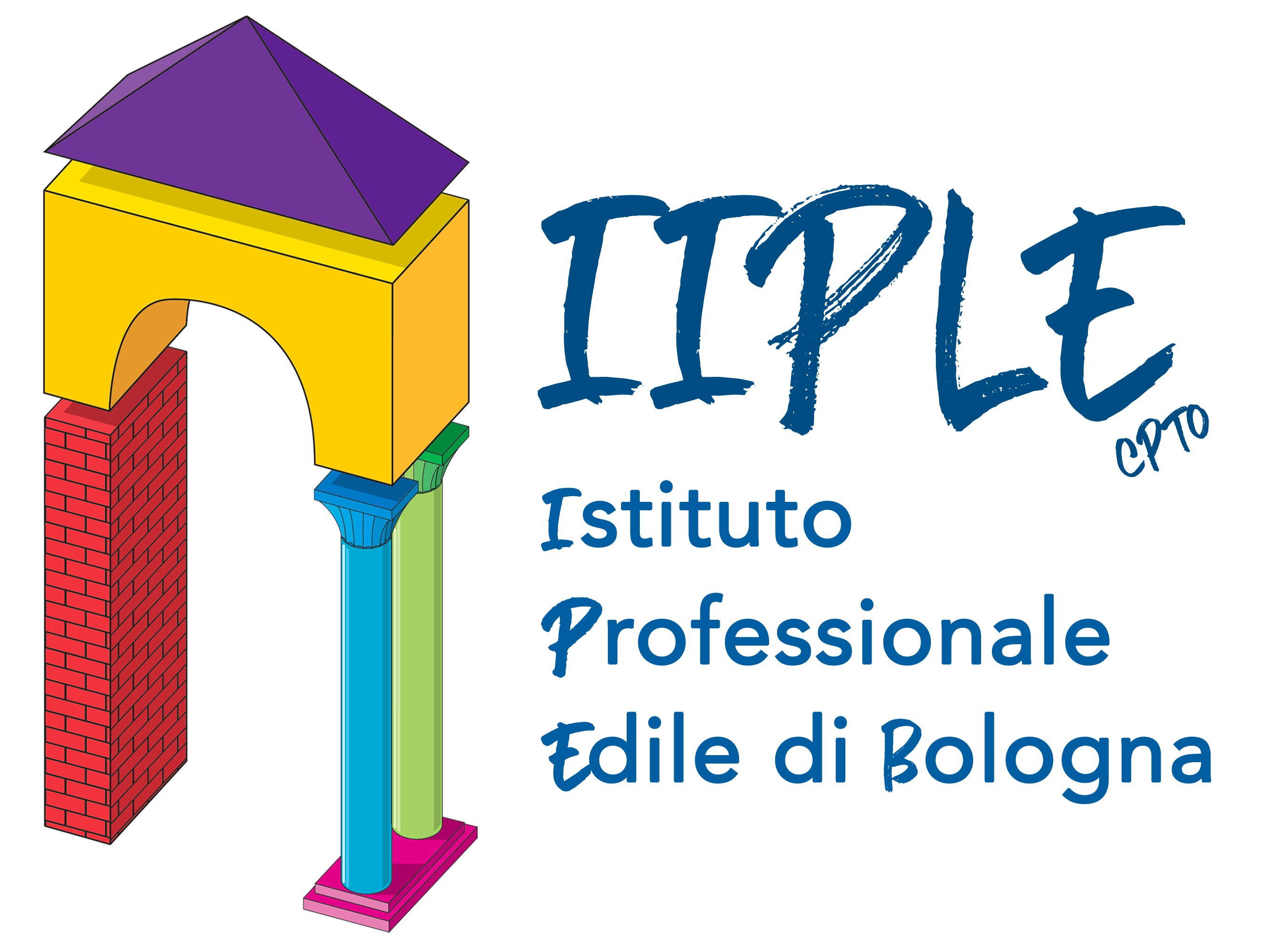
Istituto per l’Istruzione Professionale dei Lavoratori Edili della Provincia di Bologna (IIPLE)
Italy – VET Organization
Founded in 1947, the Institute for the Professional Training of Building Workers of the Province of Bologna (I.I.P.L.E.) has played a vital role in the construction sector for over 75 years. It focuses on enhancing skills, updating professionals, and attracting young talent to the Architecture, Engineering, and Construction (AEC) industry.
IIPLE aims to promote professional development, provide tools for workforce professionalism, be a reference for training needs in the AEC sector, and foster the adoption of BIM and digitalization through the BIM Academy Bologna. Additionally, it collaborates on European initiatives related to construction, energy efficiency, sustainability, safety, and the environment.
With regional funding, IIPLE implements projects approved by the Emilia-Romagna Region and co-financed by the European Social Fund. These projects include vocational training courses and higher technical education courses aligned with the site technician profile.
Supported by 16 employees, IIPLE annually accommodates over 4200 apprentices, offering 250 courses and conducting 8600 hours of training. The institute boasts eight classrooms, one auditorium with 100 seats, a 1110 m2 practical training laboratory, and a 2000 sqm external area for hands-on activities.

Giuseppe Astofi
Degree in Civil Engineering section Construction, Structural Designer. Since 1999 I have been carrying out structural design and construction management activities. In 2001 you obtained the qualification to carry out the activity of Safety Coordinator in the planning and execution phases. Since 2009 you have obtained the qualification to carry out the activity of Test Driver. Teaching activity at IIPLE.
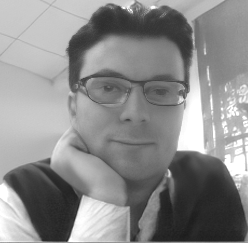
Riccardo Cariani
has more than twenty years of experience in working on and managing EU funded projects (having sound knowledge of the LFA, PCM, PRAG, …) and as business consultant dealing with public and private organisations for the development of participatory processes, EU project planning and management, business process analysis and reengineering / needs analysis and design of training projects. Recently he has also being appointed as external Quality Manager in the ERASMUS KA3 project NERDVET – Think smart! enhancing critical thinking skills & media literacy in VET. Since year 2017 he is collaborating with IIPLE for the planning and implementation of the EU projects the organization is managing or taking part in.
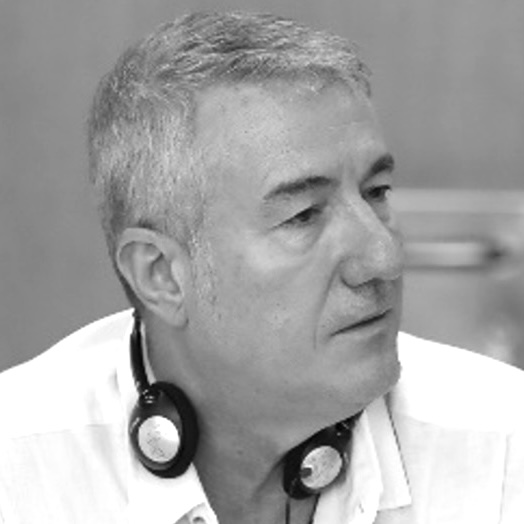
Gazmend Llanaj
Architect, specialised in the design and construction of buildings with low environmental impact and ecological design. Senior expert in the design, coordination and teaching in several qualification or training courses addressed to technicians, surveyors, foremen, masons and skilled workers for application of the modern ecological building techniques and energy-saving materials.

Luisa Sileni
Responsible for the management of training activities in order to promote professional development and update of workers, technicians and employers; the development of training activities and the growth of business and qualification, with an extensive experience on the needs of SMEs operating in the building sector; the coordination of higher technical education training for young people. Furthermore, as a European planning manager, she has relevant expertise in designing Erasmus Plus Projects, Horizon 2020 Projects, Interreg Projects; managing partner research activities, call mapping, feasibility analysis.

Founded in 1956, Orta Doğu Teknik Üniversitesi (ODTÜ, Middle East Technical University – METU) is an international research university that strives for excellence in serving the country, the region and the world. This well-deserved reputation is partly reflected in its leading position in terms of international scientific publications and its share of research funding from national scientific research funding agencies, primarily the Scientific and Technological Research Council of Turkey (TÜBİTAK), among the most prominent universities in Turkey.
In addition, as an international research-intensive university, ODTÜ is among the leading universities in Turkey in terms of the depth and breadth of international research projects and the amount of funds generated from research activities. Research income accounts for an average of 20-25% of ODTÜ’s annual expenditure, including all personnel costs.
As a prominent Turkish higher education institution, METU is dedicated to sustainability, actively working to minimize negative impacts on the environment, society, and the economy. The university focuses on providing a green, livable campus and leading society in sustainability. METU evaluates its campuses in areas like environment, energy, waste management, and transportation. Recent implementations have led to significant improvements. In December 2020, METU launched its sustainability website and released its first sustainability report, sharing key indicators and activities at sustainablecampus.metu.edu.tr.
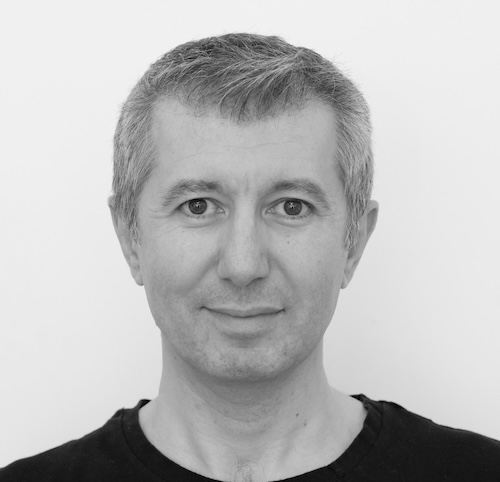
Koray Pekericli
Mehmet Koray Pekeriçli received undergraduate degree in architecture at METU, Ankara. He received MSc and PhD degrees in construction management at Reading University, UK. His research and teaching interests cover BIM/HBIM, Sustainable/Intelligent Buildings, Responsive Environments, Construction Management, and Smart Cities. He currently teaches at METU Faculty of Architecture in architectural design, BIM, detailing, and construction management courses.
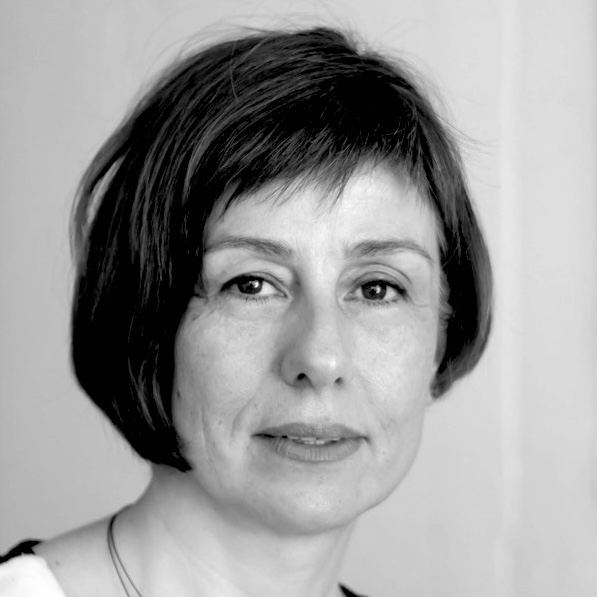
Ayşen Savaş
Ayşen Savaş, who received undergraduate and graduate degrees at METU Ankara and UCL Bartlett London Schools of Architecture, completed her doctoral studies at the Massachusetts Institute of Technology (MIT) History, Theory and Criticism Program. Currently she teaches at METU Faculty of Architecture and besides architectural design, she gives lectures on different modes of architectural representation such as perspective, model, digital modeling and photography.

Turkiye Cumhuriyeti Mesleki Yeterlilik Kurumu Baskanligi (MYK)
Turkey – VET Organization
The Mesleki Yeterlilik Kurumu (MYK-Vocational Qualifications Authority) is a national public body in Türkiye that plays a crucial role in regulating the country’s qualifications. MYK is responsible for various tasks related to establishment and operation of the National Vocational Qualification System. As a part of this responsibilty, MYK implements Turkish Qualifications Framework (TQF), which is a policy intiative for transparency that classifies and defines the levels of all qualifications in Türkiye.
MYK’s primary responsibilities include regulating the unregulated occupations, providing quality assurance for the assessment and evaluation of qualifications, ensuring the recognition of non-formal and informal learning through certification. This involves the active participation and collaboration between the public authorites, educational institutions, and industry/business organizations.
One of MYK’s central duties is to develop national occupational standards and national qualifications that meet the needs of the labor market and provide input to education curricula. MYK also operates an internationally accredited assesment and certification system that recogises non-formal and informal learning and awards individuals accordingly. MYK audits and monitors the activities of authorized assessment and certification bodies in Türkiye.
MYK has been designated as the National Coordination Point for the European Qualifications Framework (EQF), ensuring alignment between TQF and the EQF. Simultaneously, MYK has been tasked as the National Europass Centre, promoting and disseminating Europass documents, which aim to make skills and qualifications easily understood and facilitate the mobility of individuals.
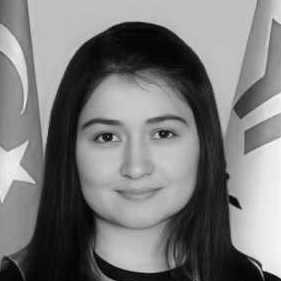
Ayça Bozkurt
MSc Civil Engineer. She is pursuing Ph.D. Degree in Civil Engineering at Gazi University in Ankara. She is currently a Vocational Qualification Expert at the Vocational Qualifications Authority of Türkiye. Since 2019, she has been Lead Auditor of the audits conducted by VQA. She has experience in the field of conformity assessment for bodies operating certification of persons, quality assurance, improving the quality assurance of the test and certification system based on national qualifications. In the academic field, she continues studying on construction management.

Esma Doğan
Graduated from the Middle East Technical University with a degree in Political Science and Public Administration in 2015, she is currently pursuing her master’s degree in the Politics of Economics Program at Ankara Hacı Bayram Veli University. Since 2017, she has been employed in the Occupational Standards Department of the Vocational Qualifications Authority (VQA) in Türkiye. In her role, she oversees the preparation and updating of national occupational standards and qualifications in sectors including information technologies, glass, cement, soil, and construction.

Mehmet Erdem Güney
Dr Mehmet Erdem Güney is a researcher and lecturer in the field of occupational health and safety at Gazi University. His field of study focuses on occupational health and safety in the context of Public Health Sciences. Güney has contributed to the academic literature with his research and publications on nomophobia, digital addiction, occupational accident frequency and occupational accident perception. In addition to his academic studies, Güney holds an important position as the Vice President of the Vocational Qualifications Authority (MYK) under the Ministry of Labour and Social Security. Güney, who is also the Head of International Relations and European Union Department of MYK, is responsible for the execution of the European Union projects and external relations of the Authoirty. Mr Güney manages the VQA Team in the CONCRETO Project and also serves as a member of the Monitoring Steering Committee of the project.
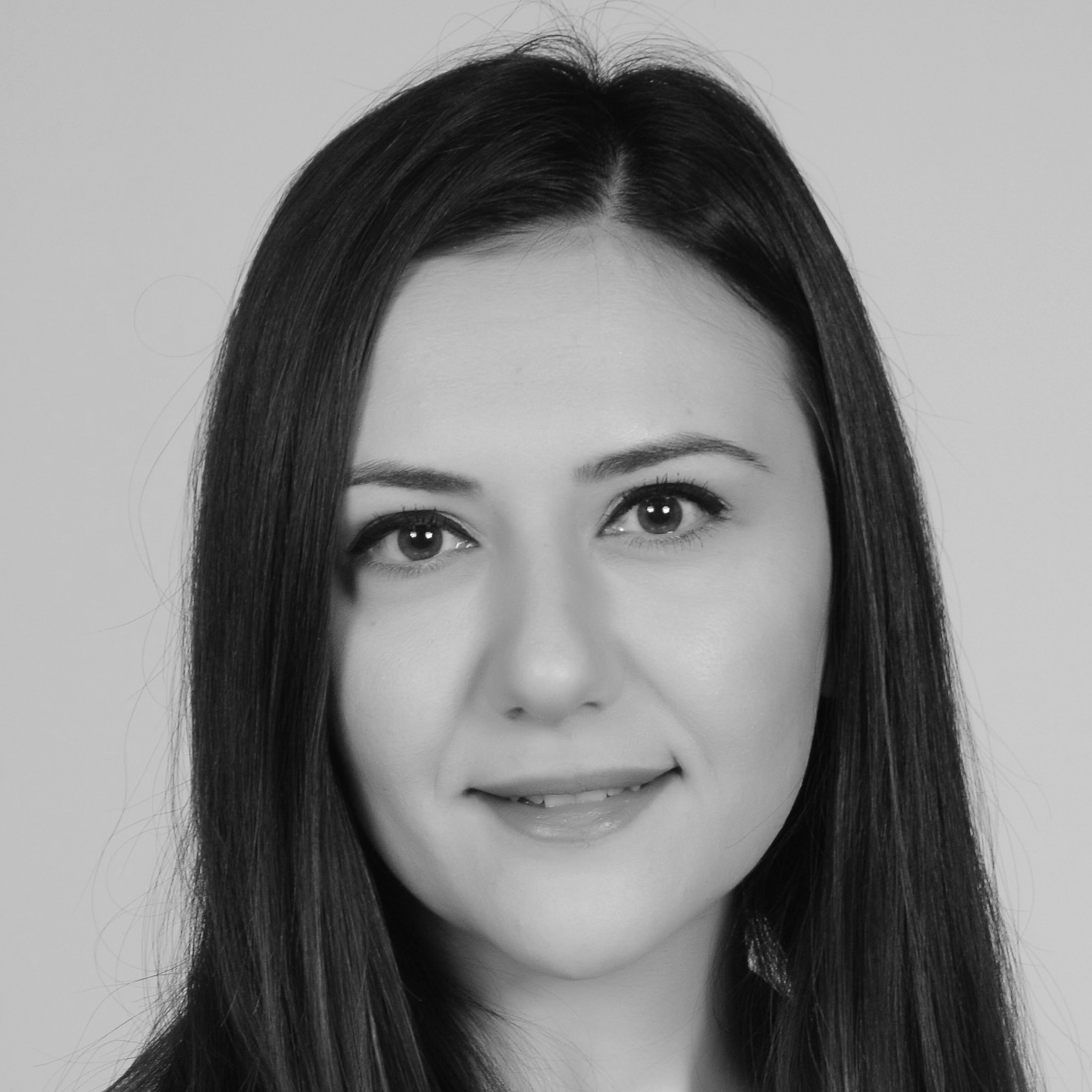
İmren Onbaşıoğlu
Vocational qualification expert, project management and project evaluation specialist with 11 years of experience. Currently serving at the Vocational Qualifications Authority of Türkiye, where she is responsible for the design, implementation, and coordination of projects financed by EU funds aimed at ensuring the alignment of employment, labor market, education, and training sectors. A member of the National Vocational Education and Training Experts team of Türkiye. In-depth knowledge in EU transparency and recognition policy tools such as Europass and the EQF. Demonstrated success in proposal development, implementation, and coordination in various EU-funded projects. Holds a master’s degree in Marketing and is currently conducting research on the utilization of marketing communication in the dissemination of EU projects. Proficient in applying PCM and the logframe methodologies.
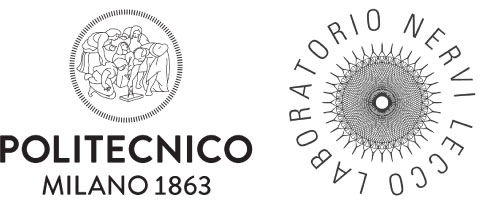
Politecnico di Milano is a public scientific-technological university which trains engineers, architects and industrial designers. The University has always focused on the quality and innovation of its teaching and research, developing a fruitful relationship with business and productive world by means of experimental research and technological transfer.
Research has always been linked to didactics and it is a priority commitment which has allowed Politecnico Milano to achieve high quality results at an international level as to join the university to the business world. Research constitutes a parallel path to that formed by cooperation and alliances with the industrial system.
Politecnico takes part in several research, sites and training projects collaborating with the most qualified European universities. Politecnico’s contribution is increasingly being extended to other countries: from North America to Southeast Asia to Eastern Europe. Today the drive to internationalization sees Politecnico Milano taking part into the European and world network of leading technical universities and it offers several exchange and double degree opportunities and a wide range of degree programmes entirely taught in English.
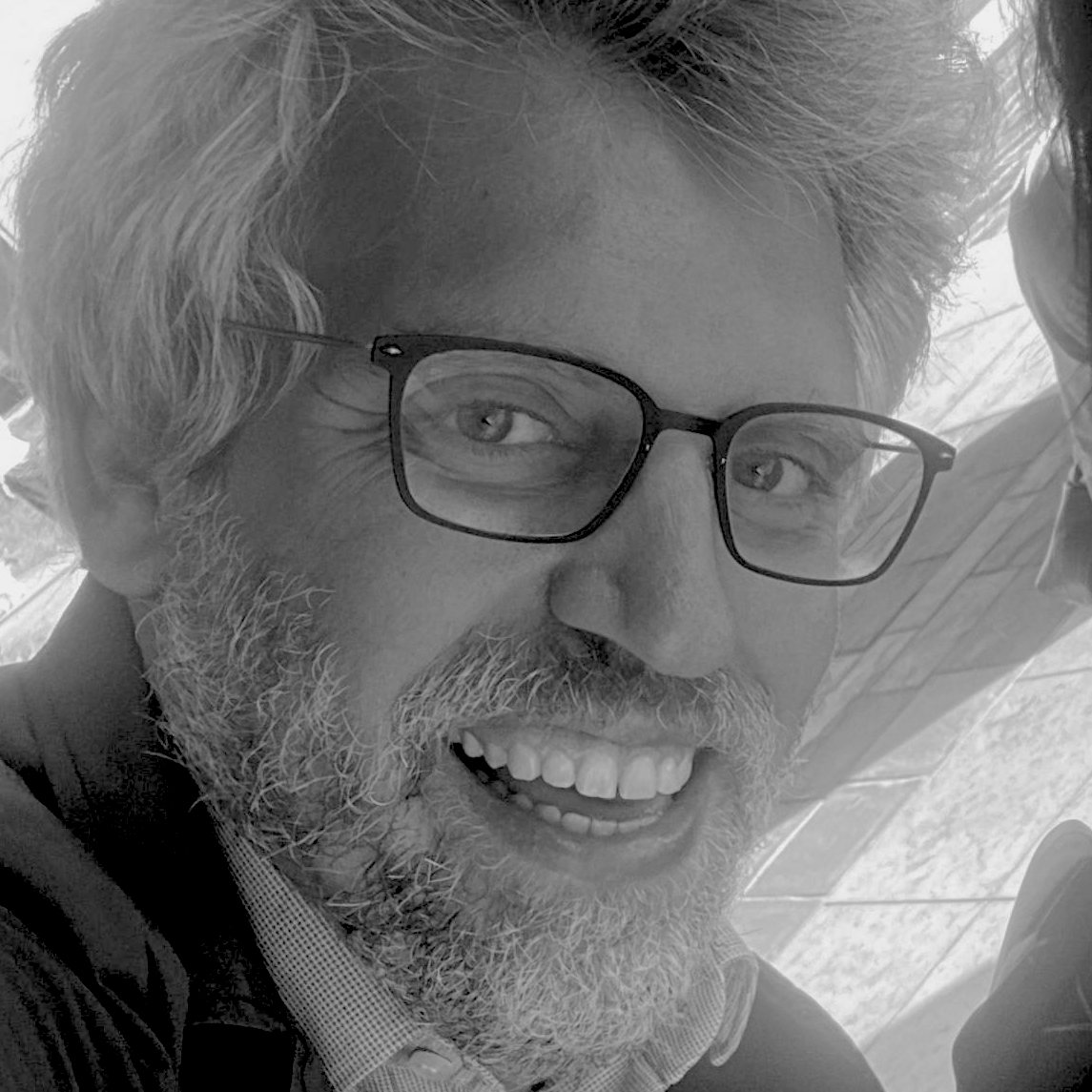
Matteo Colombo
Matteo Colombo is Associate Professor of Structural Analysis and Design at the Department of Civil and Environmental Engineering of the Politecnico di Milano. His research interest include: constitutive modelling of fiber reinforced concrete and advanced cementitious composites in general; lightweight structures made of advanced cementitious composites; behavior of advanced cementitious composites in extreme condition like freezing and thawing, fire and blast; theoretical, design and experimental analysis on structural elements in normal and extreme conditions. He is member of different National and International committees related to Textile Reinforced Concrete (fib/RILEM), design of structures in case of blast and Impact (fib/RILEM) and robustness of concrete structures (CNR).
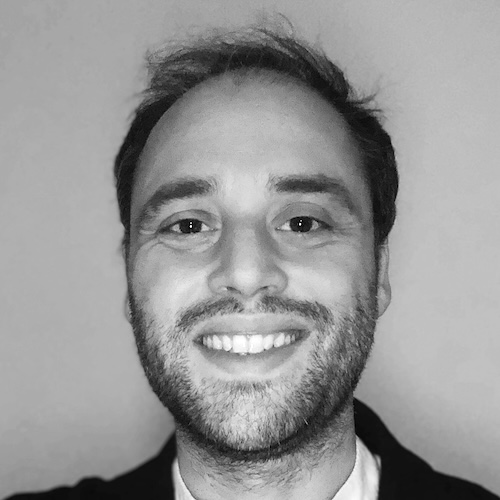
Giulio Zani
Giulio Zani is Assistant Professor of Structural Engineering at the Department of Civil and Environmental Engineering of the Politecnico di Milano. He is lecturer of Structural Design and Structural safety: vulnerability and intervention techniques and his research currently focuses on: i) assessment, monitoring and maintenance of existing bridges; ii) mechanical characterization and structural applications of FRCMs for the retrofitting of existing structures; iii) mechanical characterization, structural applications and numerical modelling of SFRC and UHPFRC; and iv) conservation and rehabilitation of modern concrete architecture. He also has a wide knowledge on TRC and has gained experience in the field of experimental testing of materials and full-scale structures.
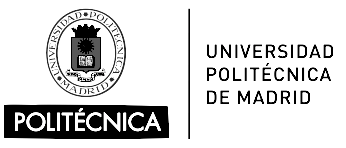
Established in 1971, the Universidad Politécnica de Madrid (UPM) is a prominent public higher education institution located in Madrid, Spain. Recognized by the Ministry of Universities, it offers a wide range of officially accredited degrees, including Bachelor’s, Master’s, and Doctorate programs.
Comprising 20 schools and 2 faculties, UPM organizes teaching and research through 114 departments, serving approximately 36,600 undergraduate students, 1,624 master’s students, and 2,725 doctoral and postgraduate students. The institution boasts around 3,300 teachers and an annual budget of 370 million euros.
UPM is renowned for its quality of teaching, emphasizing scientific and technological training. The university collaborates with entrepreneurs to provide a program of professional practice. Offering 39 undergraduate degrees, UPM focuses on enhancing transversal skills such as English proficiency, teamwork, and public speaking.
As a sought-after destination, UPM attracts students and faculty from Latin American, European Union, American, and Asian institutions. The university has signed numerous agreements for academic and scientific cooperation with international universities, including over 90 double degree agreements with 55 international centers of excellence.
Demonstrating strong scientific and technological capabilities, UPM actively participates in over 300 research projects, publishing approximately 1,200 journal articles and 2,000 conference communications annually. The university holds numerous patents, software registers, and trademarks, contributing significantly to the global academic and scientific landscape.
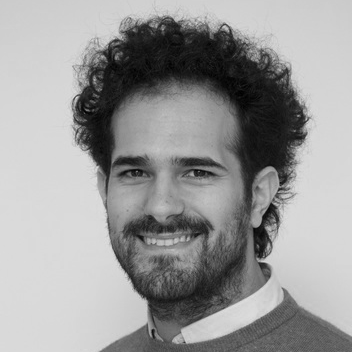
Leonardo Todisco
Leonardo is currently an Associate Professor in Structural Engineering at the Universidad Politécnica de Madrid (UPM), where he carries out his activity as a lecturer, researcher and consultant on structures. The main contribute provided by his research allowed him to be awarded the 13th IASS Hangai Prize and the UPM PhD Excellence Award. From 2018 to 2022, he has been president of the Young Member Group of ACHE (Spanish Association of Structural Engineering).
